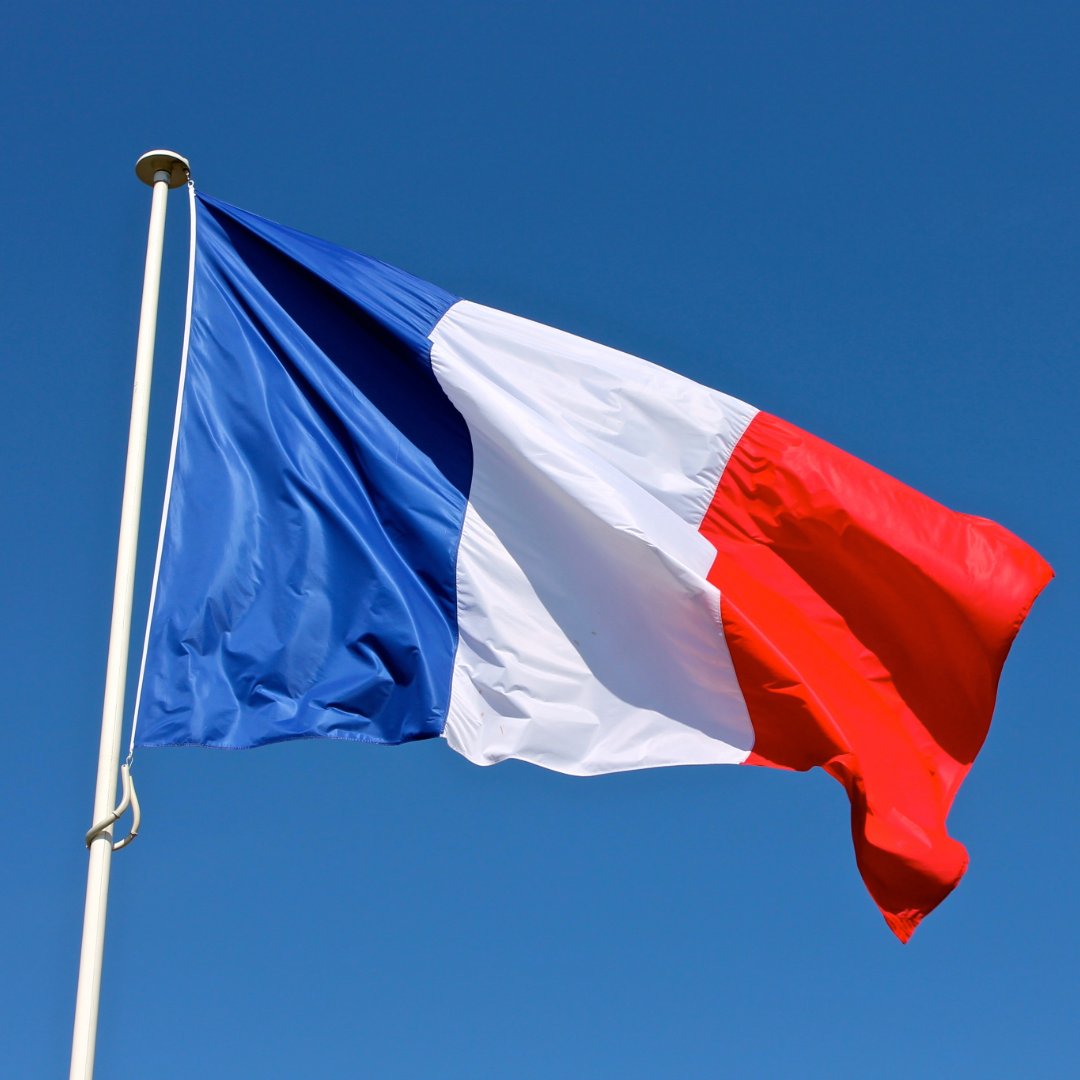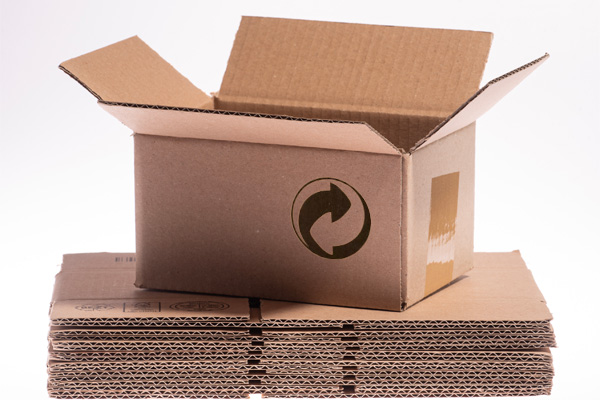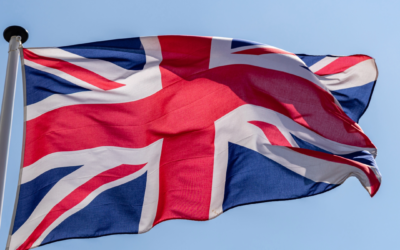The prevention plan in France: eco-design and co.




France has taken a pioneering step towards sustainable eco-design as part of the Circular Economy Act (AGEC). According to this regulation, all companies that place products on the market in at least one of twelve different EPR areas are obliged to submit prevention and eco-design plans.
Legal basis, its areas of application and objectives
The implementation of these plans is based on the AGEC Act of 10 February 2020 and Decree No. 2020-1455 on the reform of extended producer responsibility (EPR). In accordance with Article 72 of the AGEC law and Article L. 541-10-12 of the Environmental Code, manufacturers must submit a prevention plan. The EPR obligations apply to twelve areas, including household packaging, graphic paper, batteries, waste electrical and electronic equipment, textiles and furniture.
Objectives of the prevention plan in France
For manufacturers and retailers of products in these areas, this requires the creation of a prevention plan. This plan aims to reduce non-renewable materials, maximise the use of recycled materials and improve the recyclability of products. The overarching goal is to create environmentally sustainable products and services that conserve resources, minimise waste and reduce environmental impact throughout the entire life cycle. France is therefore a leader in the EU in terms of corresponding legal regulations.
Benefits of the prevention plan
The implementation of eco-design not only brings environmental benefits, but can also offer economic advantages by reducing material and energy costs, lowering licence fees for sustainable packaging and improving the brand image. Eco-design is therefore a decisive approach for companies that want to offer sustainable products and services.
Implementation of the prevention plan
The creation of a plan to reduce the environmental impact of packaging and paper has been mandatory for all suppliers since 2023. The prevention plan can be drawn up collectively or individually and must include the categories “Reduce”, “Recycle” and “Reuse”. A follow-up report is required every five years, which contains a review of the previous plan and sets out the targets and measures for waste prevention and eco-design for the next five years.
The submission and regular updating of these plans to the relevant take-back schemes is mandatory after the respective deadlines. Summaries of the plans are published by each scheme every three years and are publicly available.

LIZENZERO.EU makes packaging compliance in Europe very easy.
Do you ship your products to different countries in the EU? Many different legal requirements and obligations can make the whole thing quite complicated – but don’t worry, we’ll do it for you. How do we do it? With our licensing service, we take over all obligations for you by power of attorney. Sounds good? We’ll be happy to advise you.
For shipping to Germany, you can easily fulfill your packaging obligations yourself via Lizenzero.de.
Europe’s path to a more circular economy: The EU Waste Framework Directive explained
One of the biggest challenges we currently face is the effective management and reduction of waste. The constantly growing population and increasing consumption lead to ever greater quantities of waste, which pollutes our environment. In addition, our natural resources are dwindling. To counteract this problem, the EU Waste Framework Directive has been in place since 2008, which was amended in 2018 and represents a decisive step towards a sustainable circular economy in the EU. This directive sets clear targets and measures to prevent, reduce and optimise the recycling of waste. But what exactly is behind this directive and how is it implemented? In the following article, we take a look at the background and objectives of the EU Waste Framework Directive and highlight the key aspects and challenges involved in its implementation.
EPR regulations in the UK: current obligations for retailers in relation to packaging
Extended Producer Responsibility (EPR) is a European regulation that makes manufacturers, importers and companies responsible for the life cycle of their products and packaging in accordance with the polluter-pays principle. EU countries can interpret the EPR regulations differently, which is why your obligations may vary from country to country. If you are shipping goods to the UK, you should therefore familiarize yourself with the exact regulations in the country in advance in order to avoid sanctions and be compliant. In the following article, we will give you an overview of the current EPR obligations in the UK and take a look at upcoming changes.
Textile EPR in Europe: an opportunity for a greener future in fashion
The textile industry is one of the largest and most influential economic sectors in the world, but also one of the most environmentally damaging. The ever-increasing production of textiles brings with it ecological problems. A sustainable textile industry therefore requires circular solutions in production and recycling. In its EU strategy for sustainable and recyclable textiles, the European Commission presents measures to promote the sustainable handling of textile waste in line with extended producer responsibility (EPR). In the following article, we take a look at the EU’s proposals and the initial implementation of textile EPR in various countries.



